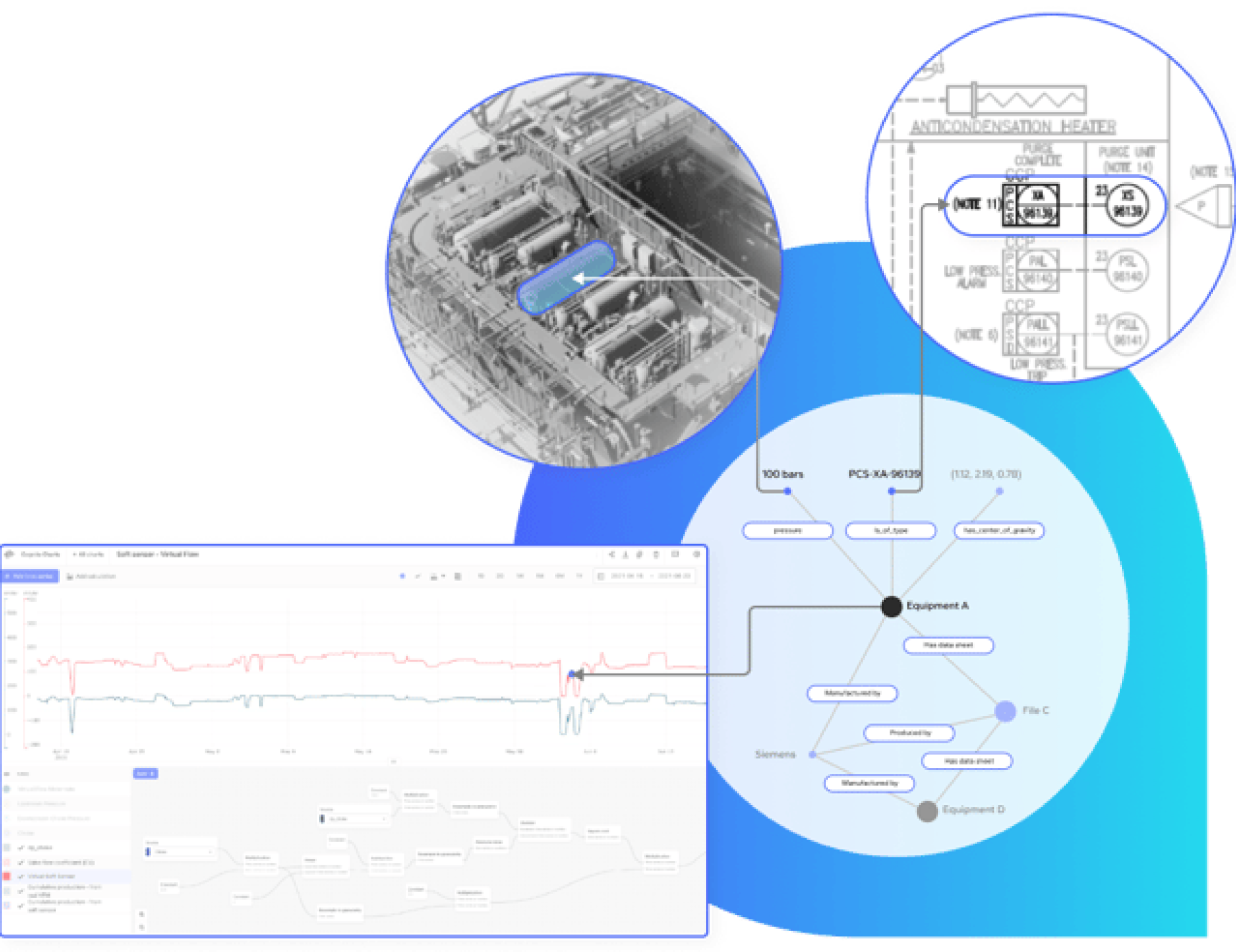Category: Blog
Clutter to Clarity In 2026: Trans-national Collaboration in Capital Project Execution
Konnect xD as a platform for achieving epistemic synchronization across geospatially fragmented stakeholders
Breaking Boundaries: Real-Time Digital Integration for Global EPC Project Teams
How Konnect xD Aligns Dispersed Oil & Gas Teams with a Unified Digital Thread
Human Capital Development and Digital Augmentation
Reconfiguring Human Capital: Digital Augmentation and Embedded Upskilling in Industrial Contexts
Precision Targeting with Konnect xD
Unveiling Market Segmentation in Digital Thread Technology
Unlocking Your Project’s Potential
Unlocking Your Project's Potential:
3 Effective Strategies for Harnessing Data to Drive Predictability in Construction
Project Dynamics
A study and management approach on understanding the behavior of complex systems








